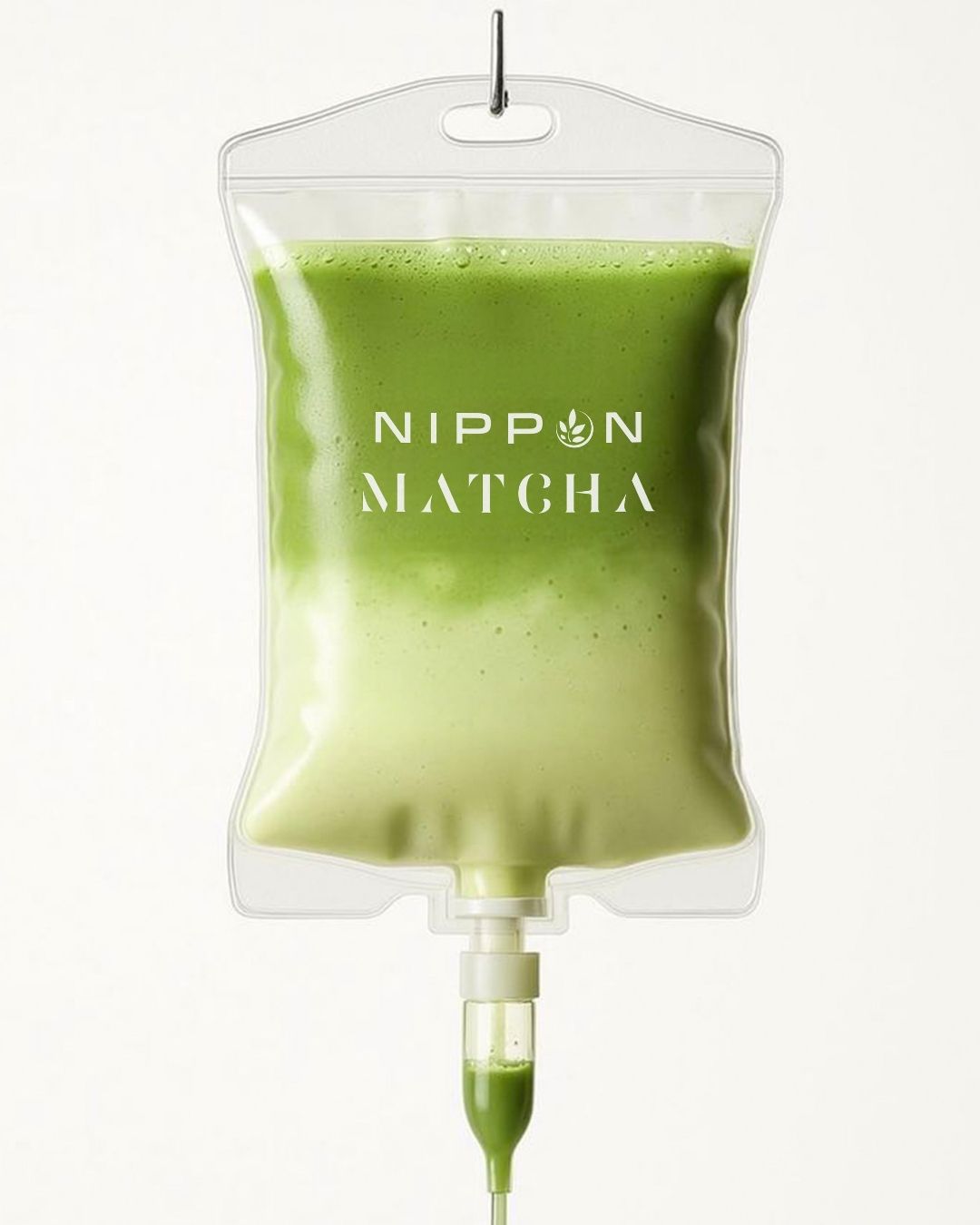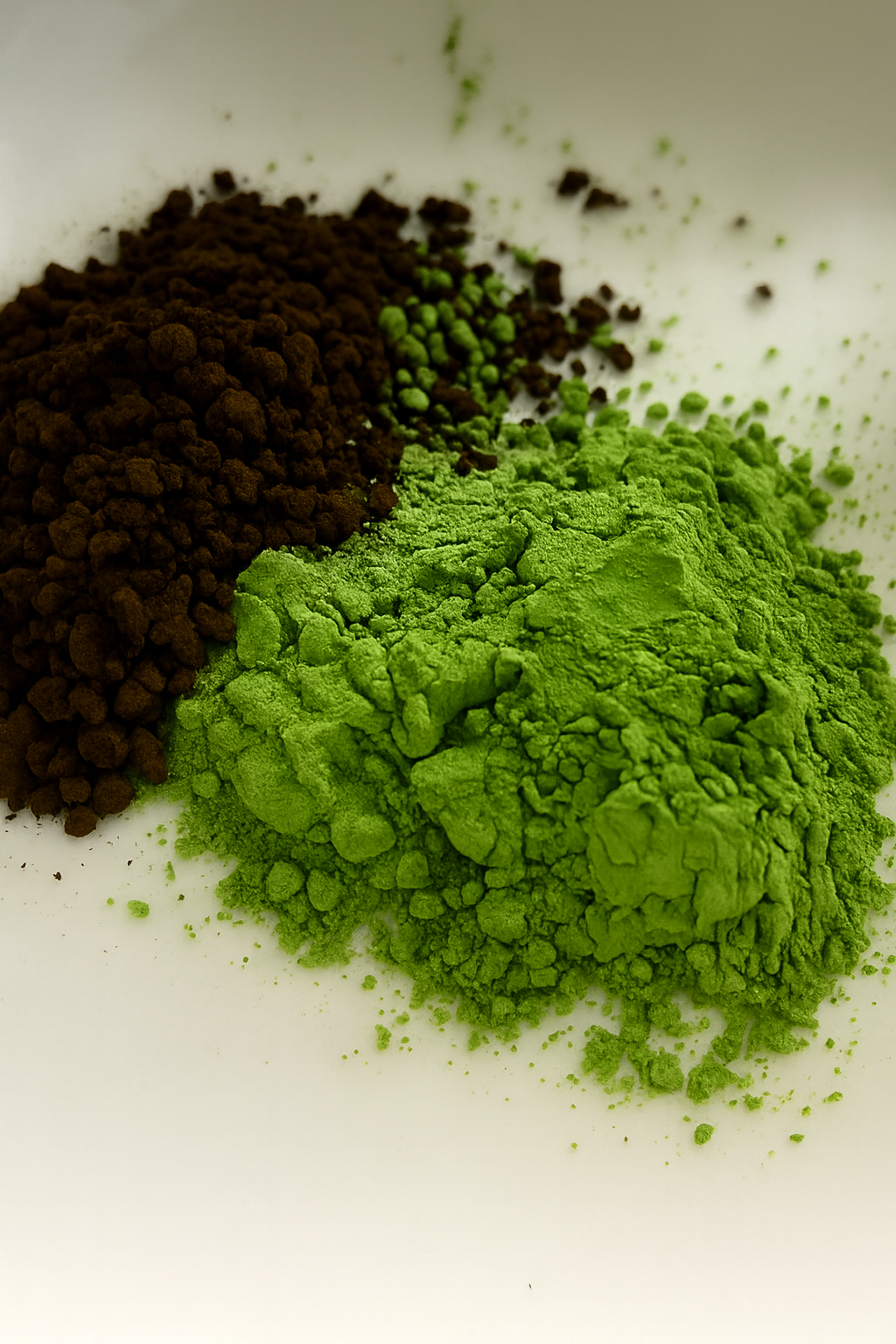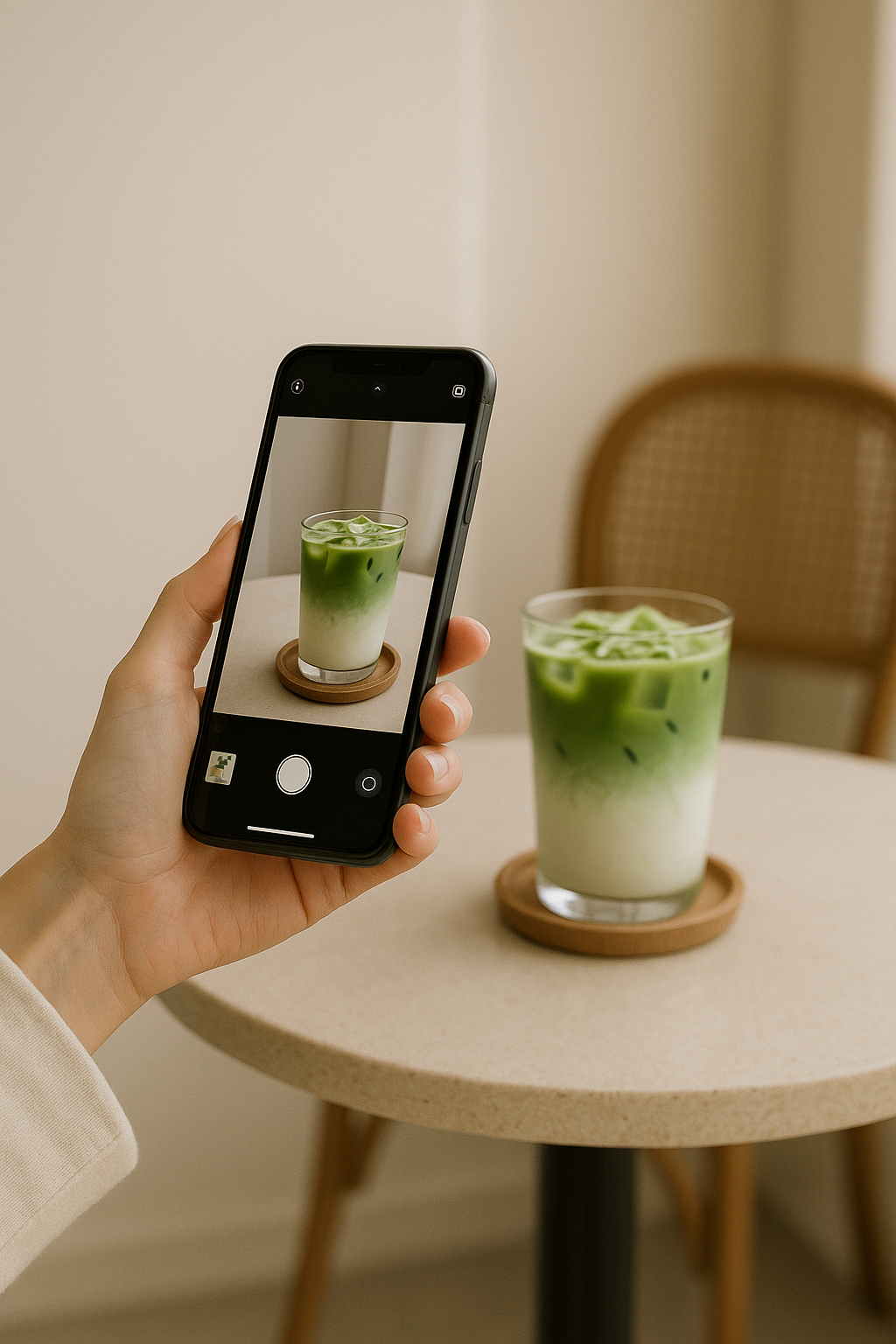
Is “Matcha Addiction” Real? Here’s What You Need to Know
If you’ve found yourself reaching for a bowl of matcha every morning (or even multiple times a day), you’re not alone. Many matcha lovers joke about being “addicted” to their daily whisked green goodness. But is matcha addiction something to worry about, or is it simply a healthy ritual worth embracing?
Why We Crave Matcha
Matcha is more than a drink, it’s an experience. From the vibrant emerald color to the calming preparation, every step feels meditative. But what often keeps people coming back is how it makes them feel.
-
Gentle Energy – Unlike coffee’s spikes and crashes, matcha provides a smooth, sustained boost thanks to its unique combination of caffeine and L-theanine.
-
Mental Clarity – That same synergy supports focus, calm, and productivity, making it a favorite among students, professionals, and creatives.
-
Ritual & Routine – Preparing matcha can be a grounding daily practice, one that connects you to centuries of Japanese tradition.
Matcha vs. Coffee: The “Addiction” Factor
Coffee drinkers know the struggle of caffeine dependence — jitters, withdrawals, headaches. With matcha, the story is a little different:
-
Lower Caffeine Levels – A serving of ceremonial grade matcha usually has about half the caffeine of a cup of coffee.
-
Balanced by L-theanine – This amino acid promotes calm alertness, offsetting the nervous energy often linked with coffee.
-
Smoother Transitions – People who switch from coffee to matcha often notice fewer crashes and milder withdrawal if they miss a day.
So while it’s possible to depend on matcha for your daily caffeine, the effects are gentler and often healthier than coffee dependency.
When Does Healthy Habit Become Too Much?
Moderation is key, even with something as beneficial as matcha. Drinking several bowls a day isn’t harmful for most people, but overdoing it (think: 6–7+ servings daily) can lead to:
-
Too much caffeine, especially if combined with coffee or energy drinks
-
Digestive discomfort if consumed on an empty stomach
-
Potentially reduced iron absorption when over-consumed
For most adults, 1–3 servings per day is perfectly safe, and for many, it’s the perfect balance of health and pleasure.
The Takeaway
“Matcha addiction” might not be a real medical condition but the daily love affair with matcha is very real. And if you’re going to be hooked on something, a centuries-old superfood rich in antioxidants, tradition, and calm energy isn’t such a bad thing.
At Nippon Matcha, we believe this ritual is more than just a drink, it’s a lifestyle. Whether you’re whisking up a bowl of hot ceremonial matcha or pouring an iced latte to get through the afternoon, your “addiction” might just be one of the healthiest habits you keep.
Ready to fuel your daily ritual? Explore our First Harvest Ceremonial Matcha straight from Uji, Kyoto crafted for the kind of ‘addiction’ worth celebrating.


